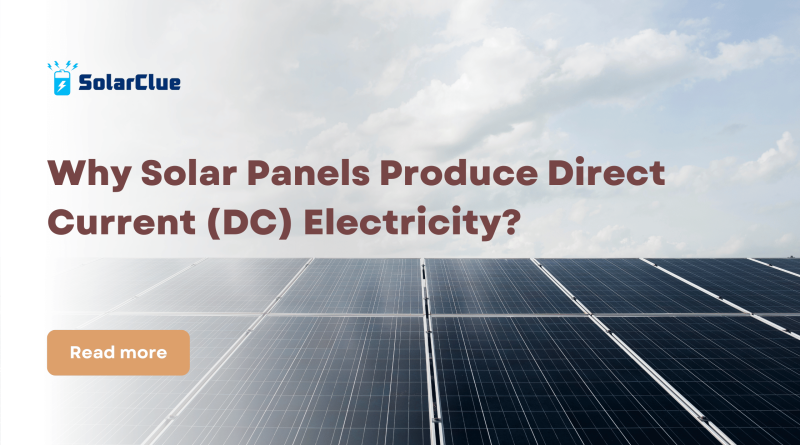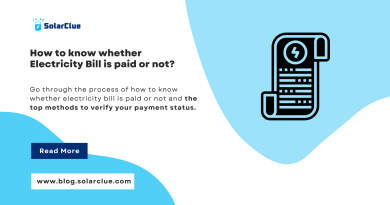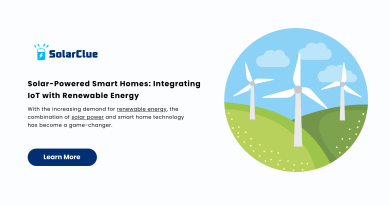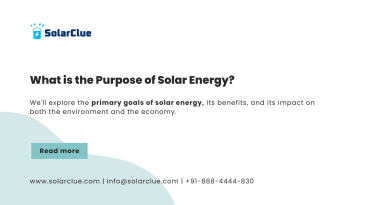Why Solar Panels Produce Direct Current (DC) Electricity
Solar panels are an essential component of renewable energy systems, providing a clean and sustainable way to generate electricity. This blog post explores why solar panels produce direct current (DC) electricity, delving into the science behind solar panel electricity generation, the photovoltaic effect, and the role of inverters in converting DC to AC electricity for household use.
Table of Contents
The Science Behind Solar Panel Electricity Generation
Solar panels generate electricity through the photovoltaic effect. When sunlight hits the solar cells within the panel, it excites electrons, causing them to move and create an electric current. This process is fundamental to converting sunlight into usable electrical energy.
The Photovoltaic Effect and Electron Flow
The photovoltaic effect occurs when photons from sunlight strike a semiconductor material, usually silicon, within the solar cell. This interaction causes electrons in the semiconductor to gain energy and move to a higher energy state. These energized electrons flow through the material to produce an electric current. The current generated is direct current (DC), where electrons flow in a single direction.
DC vs. AC Electricity: Key Differences
Direct Current (DC): In DC electricity, the flow of electric charge is unidirectional. This type of current is used in batteries, solar panels, and electronic devices.
Alternating Current (AC): In AC electricity, the flow of electric charge periodically reverses direction. AC is the standard form of electricity used in homes and businesses because it is more efficient for long-distance transmission.
| Feature | Direct Current (DC) | Alternating Current (AC) |
|---|---|---|
| Flow Direction | Unidirectional | Periodically reverses direction |
| Usage | Batteries, solar panels, electronic devices | Household appliances, power grids, businesses |
| Transmission | Less efficient over long distances | More efficient for long-distance transmission |
The Importance of Inverters in Solar Power Systems
Inverters are crucial in solar power systems because they convert the DC electricity produced by solar panels into AC electricity, which is compatible with the electrical grid and household appliances. Without inverters, the DC electricity generated by solar panels could not be used efficiently in most residential and commercial applications.
Advantages of DC Electricity in Solar Panels
Efficiency: Solar panels produce DC electricity directly from the photovoltaic effect, making the initial generation process simple and efficient.
Storage: DC electricity can be easily stored in batteries, making it ideal for off-grid solar systems and backup power solutions.
Simplicity: The design and construction of solar panels that produce DC are straightforward, reducing manufacturing costs and complexity.
The Role of DC Electricity in Specific Solar Applications
Off-Grid Systems: In off-grid solar systems, DC electricity is stored in batteries and used directly to power DC appliances or converted to AC as needed.
Portable Solar Devices: Many portable solar-powered devices, such as chargers and lights, use DC electricity directly for simplicity and efficiency.
Electric Vehicles (EVs): Solar panels can charge the batteries of electric vehicles, which also operate on DC electricity.
The Future of DC Technology in Solar Power
As solar technology advances, the use of DC electricity is expanding in various applications. Innovations such as DC microgrids and direct DC-powered homes and businesses are being explored to improve efficiency and reduce energy loss associated with AC conversion. These advancements could lead to more integrated and efficient solar energy systems in the future.
Conclusion
Here at SolarClue®, we offer a smart, practical, and “beautiful” solution. You will be answered for all the questions related to Solar.
We provide all kinds of brands that are the Best Solar panels in India.
If you are the one who is planning for the solar power system. Don’t hesitate to contact our team!
Looking forward to empowering you with solar energy, just like hundreds of our other clients!
FAQs
1. Why do solar panels produce DC electricity?
Solar panels produce DC electricity because the photovoltaic effect generates a unidirectional flow of electrons when sunlight excites the electrons in the semiconductor material.
2. What is the photovoltaic effect?
The photovoltaic effect is the process by which photons from sunlight excite electrons in a semiconductor material, causing them to move and generate an electric current.
3. What is the difference between DC and AC electricity?
DC electricity flows in a single direction, while AC electricity periodically reverses direction. DC is used in batteries and electronics, whereas AC is used for household and industrial power.
4. Why are inverters important in solar power systems?
Inverters convert the DC electricity produced by solar panels into AC electricity, which is compatible with the electrical grid and household appliances.
5. What are the advantages of using DC electricity in solar panels?
DC electricity is efficient for initial generation and storage, simplifies system design, and is ideal for off-grid and portable solar applications.




